Love Unto Death: Alain Resnais (1922-2014)
Programmed by Daniel Frankel
Essay by Daniel Frankel
"The present and the past coexist, but the past shouldn't be in flashback" – Alain Resnais
How does one write an essay on Alain Resnais so soon after his departure without veering into obituary? Despite his career's longevity and his old age, his departure still comes as a shock. He was an artist in every sense of the word – his films plot music, cinema, and theater on the same metaphysical plane, often blurring the boundaries of the mediums. While most well known for his early works (Night and Fog, Hiroshima Mon Amour, Last Year at Marienbad, etc.), his later works remain under-seen and under-appreciated.
A legend who redefined postwar cinema, Resnais was able to simultaneously create films that are both ephemeral and enduring, important and impossible to forget. His more well-known works may be esteemed as intellectual explorations of the complexity of memory and its relation to the time space continuum, but Resnais is able to convey the life of the mind in a way that is always aesthetically pleasing and engaging.
It's futile to attempt to categorize Resnais' work within a single movement – to label his films as "New Wave" or "Left Bank" – when the structure, format, and motifs of his career never stayed the same. This retrospective aims to provide a survey of styles with an emphasis on how each of his films sing and perform to his audience – because whether it be with a chamber orchestra, Sondheimian pastiche, or lip syncing to Edith Piaf, all of his films have a distinct musicality and theatricality to them. The series begins with his early collaborative documentary efforts, including the hallmark Night and Fog, and quickly transitions to his narrative feature, Muriel, Resnais' most complete film (though it was a commercial disaster). The series takes off with his oft neglected trifecta of musical, drama, and melodrama (Life Is A Bed Of Roses, Love Unto Death, and Mèlo) and eases into his exploration of exile and personal politics (Stavisky). To represent his later works, we eventually return to his lush, musical expression of joy (Same Old Song), his surreal tribute to cinema (Wild Grass), and a reminder of the indelibility of his oeuvre (You Ain't Seen Nothin' Yet). The series concludes with a chronological break: a remastered print of one of Resnais' masterpieces, Je t'aime je t'aime, a journey to the past and a glimpse into the future.
We will remember Resnais' body of work like we do all things: in fragmented bits and pieces, disappearing and reappearing at the most (in)opportune times. This tribute aims to be equal parts time capsule and time machine: to respect Resnais' legacy and transport viewers back to the various stages of a very rich life.

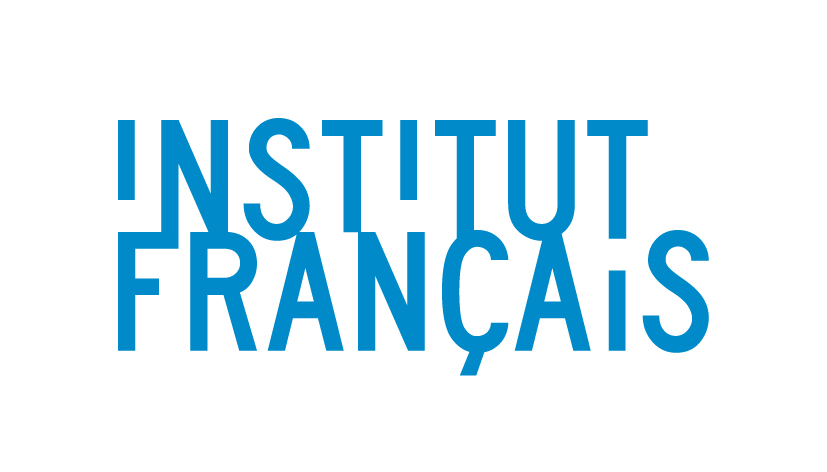
This series was made possible by the France Chicago Center and the Institut Français.
2014-04-03 @ 7:00 PM
Night and Fog
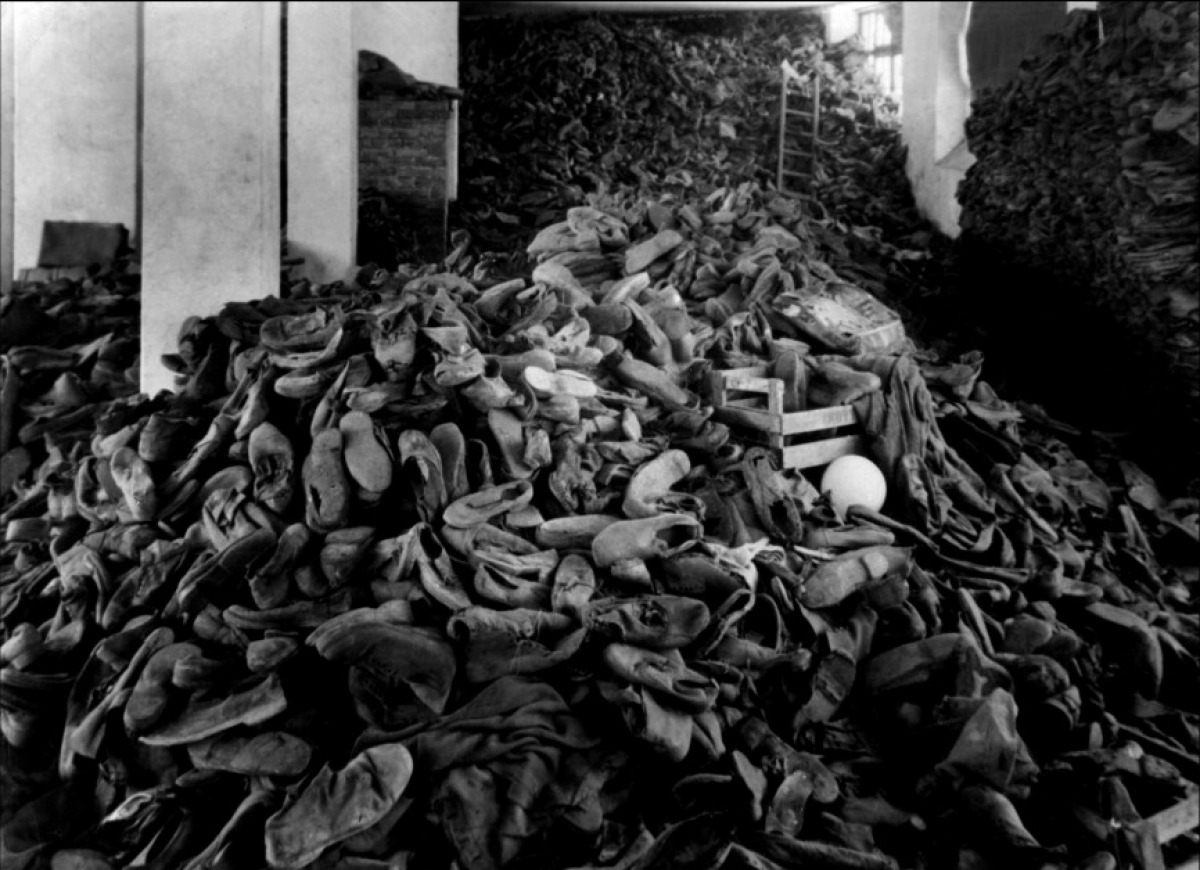
(Alain Resnais, 1955) · Truffaut wrote that "the effective war film is often the one in which the action begins after the war." That's where Resnais comes in: he shoots the empty grounds, bunkers and gas chambers in bright color, while a voiceover written by survivors asks us to imagine the past. But from whose perspective? An emphasis on the universality of the tragedy, along with the inclusion of footage from the camps, nearly halted the film's Cannes premiere.
Additional shorts will be screened: Guernica, a meditation made in collaboration with Robert Hessens on brutality and beauty (1950, 12 min, 35mm), Statues Also Die, an essay film made in collaboration with Chris Marker on colonialism and commodification of art (1953, 30 min, 35mm), and Le chant du Styrène, in French with no subtitles (1958, 13 min, 16mm).
runtime: 45 min format: 35mm, Print courtesy of the Institut Français
2014-04-10 @ 7:00 PM
Muriel
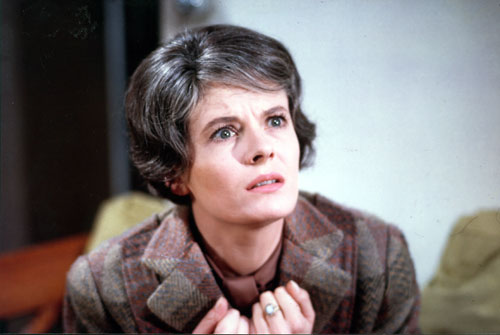
(Alain Resnais, 1963) · A widowed antiques seller, a lover she thought she'd lost 20 years earlier (who has now returned), and her filmmaker stepson are all haunted by their connections to the Algerian War. The passage of time is blurred, the past is obscured by remorse, and nothing is as we remember it in Resnais' revolutionary follow-up to Last Year at Marienbad. Muriel has a seemingly simple story, but Resnais' technique is what makes Muriel so mystifying.
runtime: 115 min format: 35mm, Print courtesy of the Institut Français
2014-04-17 @ 7:00 PM
Life Is a Bed of Roses

(Alain Resnais, 1983) · In Life is a Bed of Roses, Resnais made a film that gives equal weight to speech and music. As song and dialog alternate, the film tells three very different stories of very different eras all set in the same castle in the Ardennes. The interwoven tales of a utopian architect, an imaginary Prince Valiant figure, and some reform-minded professors might seem frivolous if viewed alone, yet together they prove Resnais' vast imagination and narrative wit.
runtime: 110 min format: DCP
2014-04-24 @ 7:00 PM
Love Unto Death
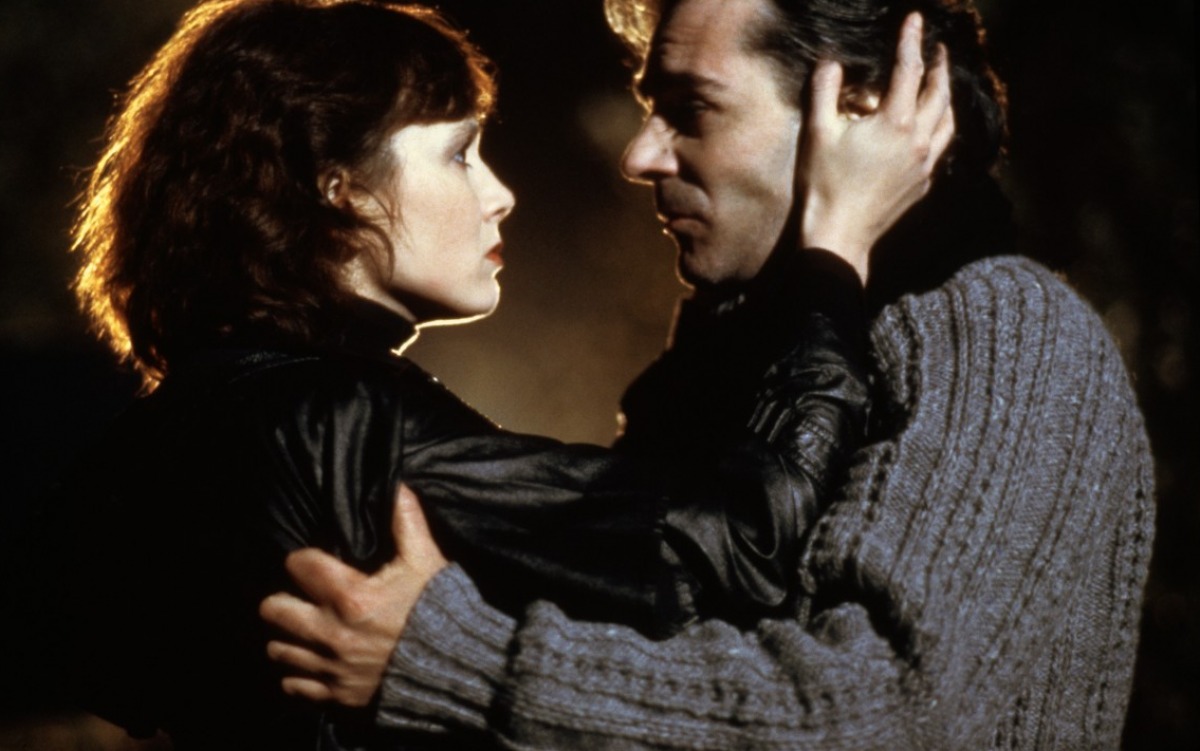
(Alain Resnais, 1984) · Simon and Elizabeth's happy marriage comes to a halt after Simon suffers a near-death experience. Despite his miraculous recovery, Simon soon becomes obsessed with his own morality, convinced that his resurrection was a mistake. This four-hander is reminiscent of a Bergman chamber drama and features the same quartet of actors from Life Is A Bed Of Roses, though avant-garde composer Hans Werner Henze's haunting chamber orchestra score is the real star.
runtime: 92 min format: DCP
2014-05-01 @ 7:00 PM
Mélo
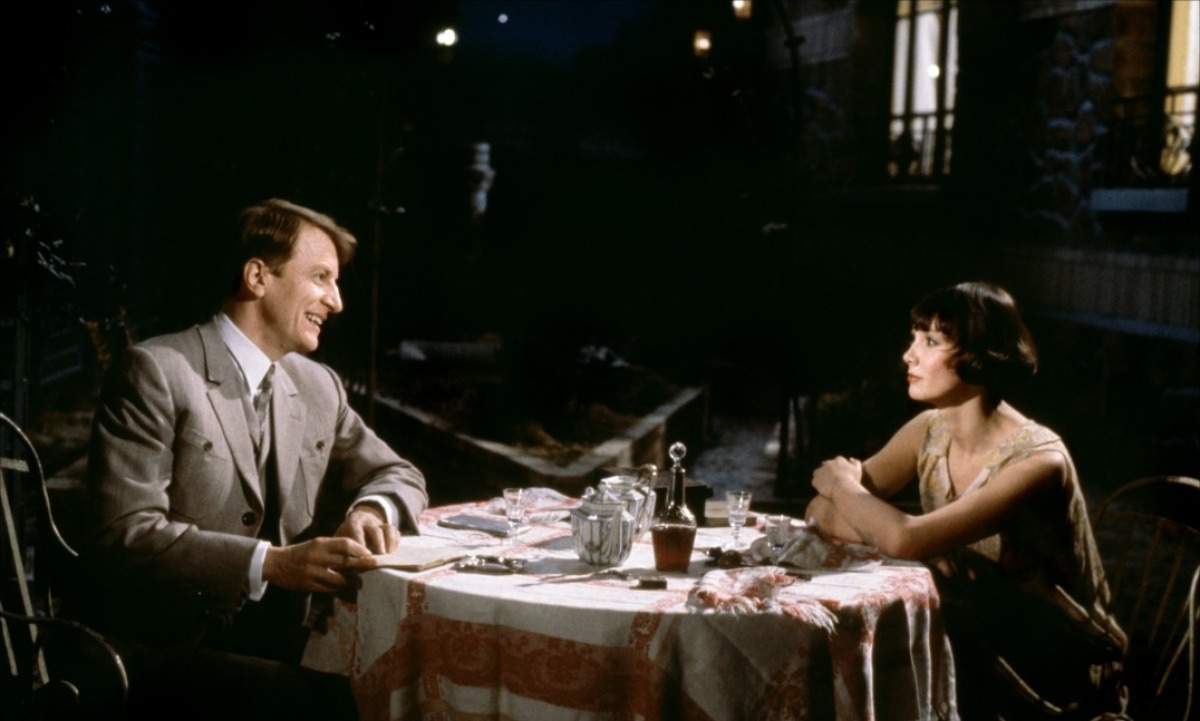
(Alain Resnais, 1986) · Resnais' faithful adaptation of an obscure 1929 melodrama is an uncompromisingly sentimental masterpiece. So true to the form and feel of the play it is based on, the film respects the inherent theatricality of space – the fourth wall is broken and the attention to period-detail is flawless. The story is a love-triangle between professional musicians, but Resnais elevates this melodrama with his trademark sincerity and emotional integrity.
runtime: 112 min format: 35mm, Print courtesy of the Institut Français
2014-05-08 @ 7:00 PM
Mon oncle d'Amérique
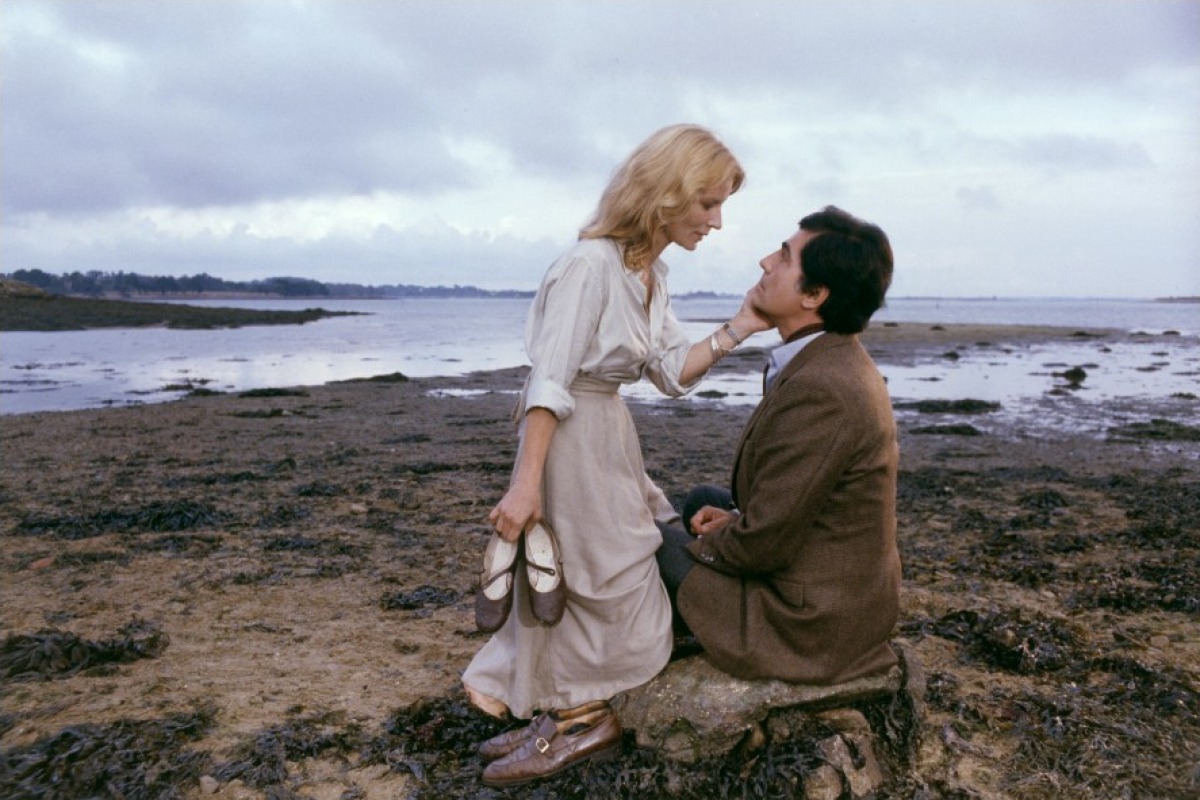
(Alain Resnais, 1980) · Much like Life is a Bed of Roses, Mon oncle d'Amérique exemplifies Jean Gruault and Resnais' deftness in interweaving three narrative threads together. However, this time, our narrator is pedantic, real-life behavioral scientist Henri Labori. Labori will explain the complexities of our three protagonists' adult behavior as illustrations of scientific laws drawn from lab experiments with rats. Resnais layers and intersperses these didactic science lessons with snippets from parallel black-and-white dramatic films, often to comic effect. While no American uncle ever appears, we're left wondering if art imitates science or if film is merely an exercise in human behavior?
runtime: 126 min format: 35mm, Print courtesy of the Institut Français
2014-05-15 @ 7:00 PM
Same Old Song
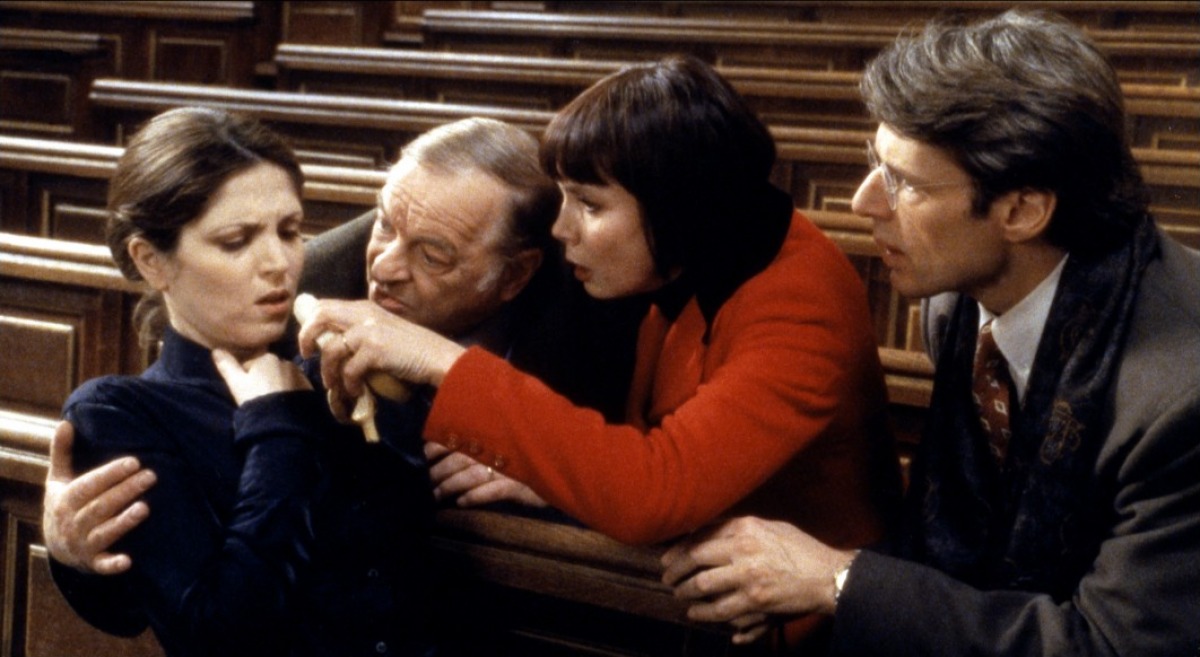
(Alain Resnais, 1997) · Resnais' whimsical homage to Dennis Potter (The Singing Detective, Pennies From Heaven) is about old flames, new admirers, history, happiness, and real estate. Resnais' device of fragmented lip syncing of French pop songs as substitutes for dialogue and monologue highlights the dichotomy of the internal and external. True to the spirit of Potter, Same Old Song musicalizes its characters neuroses and impulses to effervescent effects.
runtime: 120 min format: 35mm, Print courtesy of the Institut Français
2014-05-22 @ 7:00 PM
Wild Grass
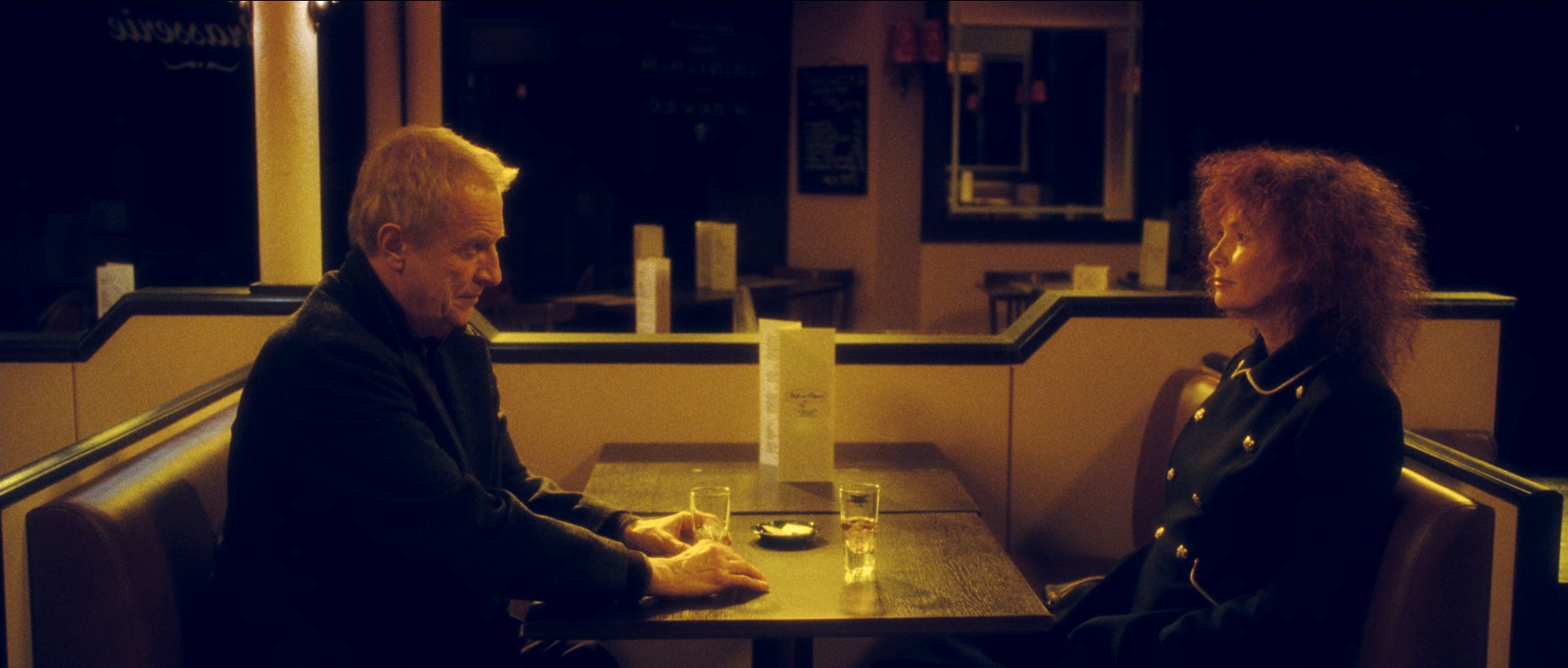
(Alain Resnais, 2009) · Drawing upon novelist Christian Gailly's ironic and melancholic novel, L'Incident, comes what is arguably Resnais' most purely surrealist film. The existential story takes off when Georges, an elderly retiree, finds a lost wallet of dentist (and pilot!) Marguerite. The plot is thin, but the technique is rich: the camera's Fauvist color schemes and lush lighting lend a dream-like quality to this twisted love story with a brilliant and baffling finale.
runtime: 104 min format: 35mm
2014-05-29 @ 7:00 PM
You Ain't Seen Nothin' Yet

(Alain Resnais, 2012) · Revered (and entirely fictional) playwright Antoine d'Anthac's last wish is to gather all of his thespian friends to view rehearsal footage of his play Eurydice performed by a young cast of actors. However, the gathered veterans soon resume their old roles. Do love, life, death, and love after death still have any place on-stage? It's ultimately up to them to decide in this metafictional tribute to the artificiality and lyricism of theater.
runtime: 115 min format: DCP
2014-06-04 (Wednesday) @ 9:30 PM
Je t'aime, je t'aime
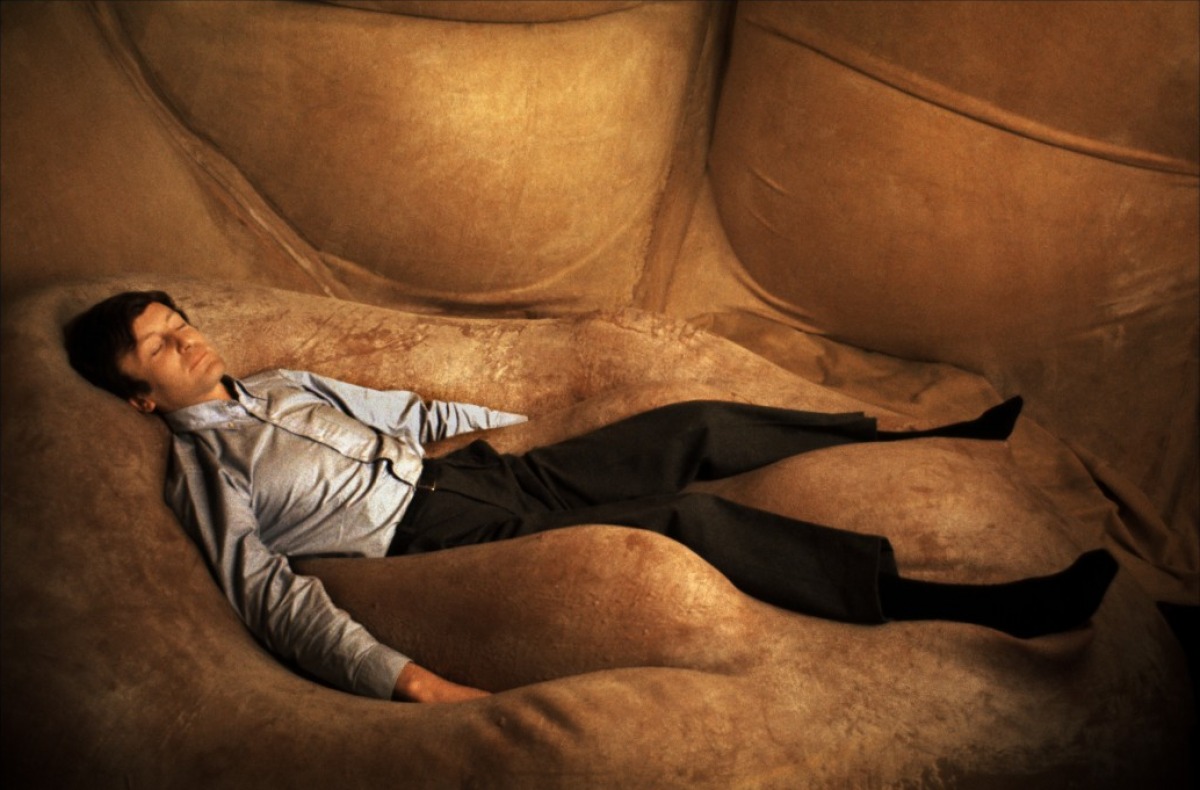
(Alain Resnais, 1968) · Claude Ridder finds himself as an experimental subject for an anonymous corporation's time travel trial run. Naturally, glitches occur in Resnais' foray into sci-fi as Claude's memories flip back and forth in recursive fragments and surreal variations of the same memory. A precursor to Eternal Sunshine of the Spotless Mind, this impressionistic addition to Resnais' oeuvre of memory cannot be found on DVD and demands to be seen on film.
runtime: 91 min format: 35mm



